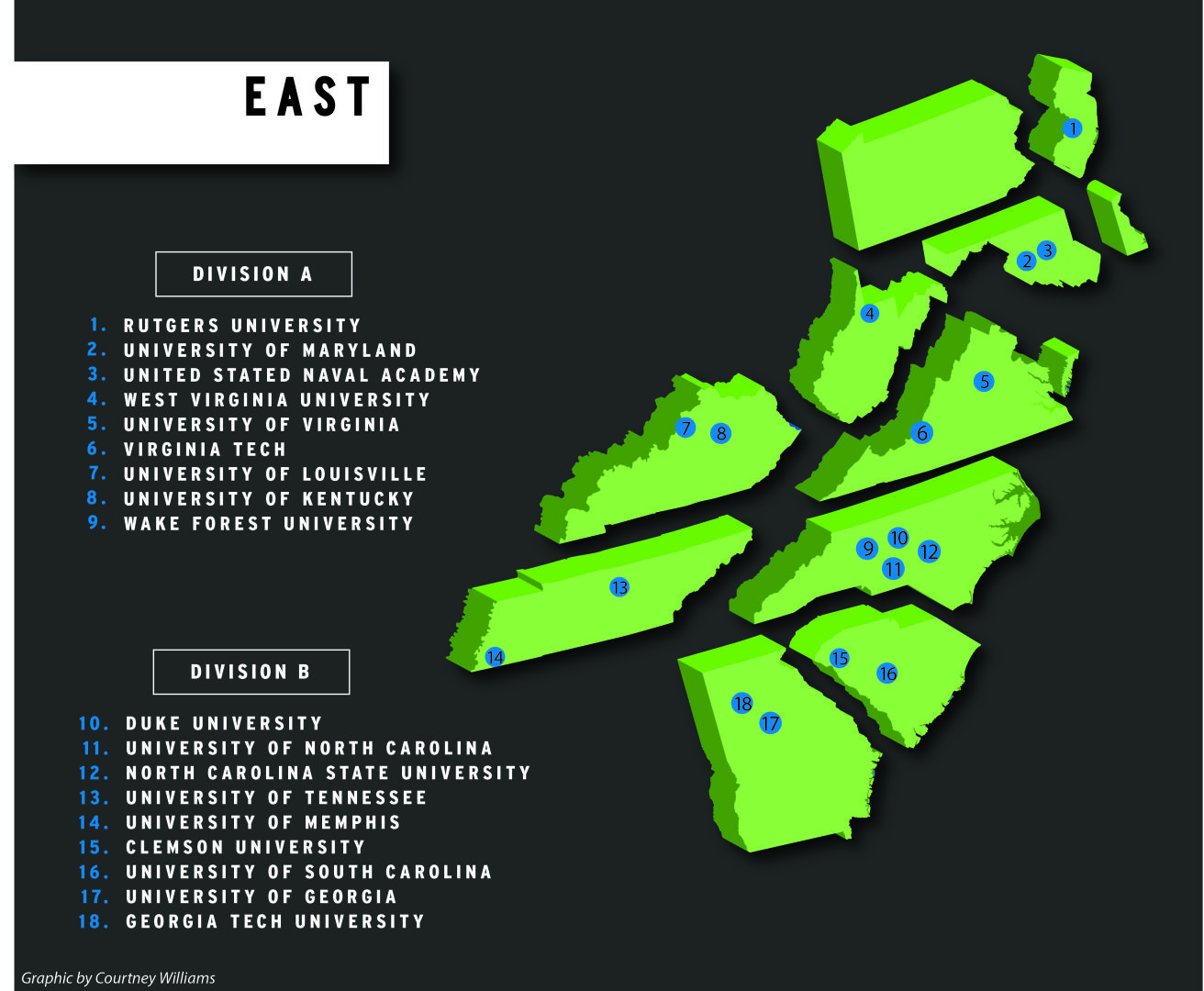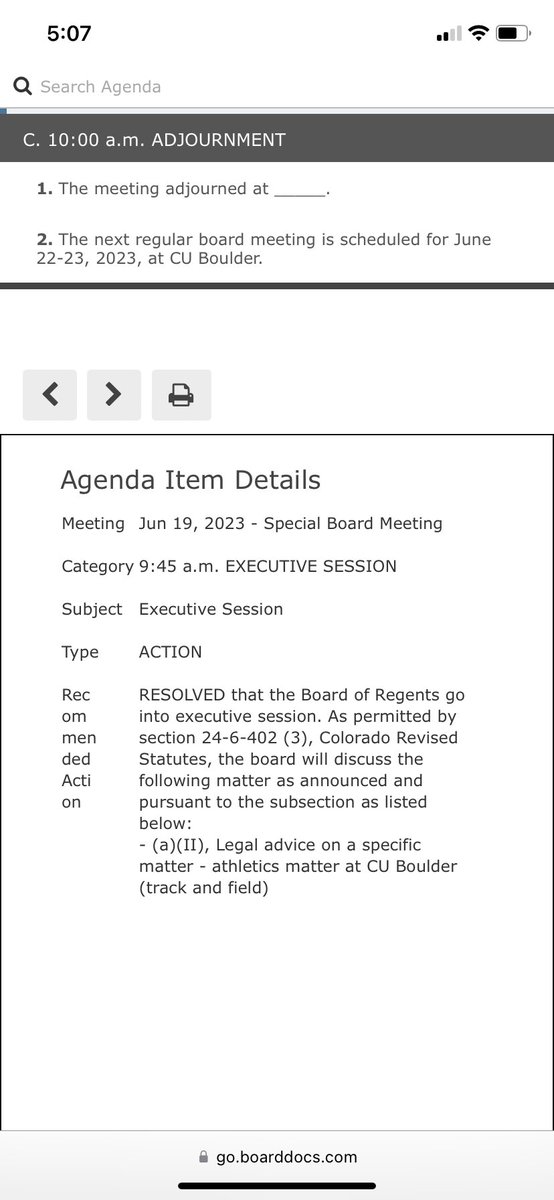
That hybrid conference might look better than anything one league could form by taking a couple teams from the other. The Big 12 schools get recruiting access to California while adding the Phoenix, Denver and Seattle media markets. The Pac-12 schools get recruiting access to Texas and extend their reach into the Central Time Zone. There is some spice if Utah and BYU could reconnect in a conference. If all of it sounds ruthless, we should be used to it by now. Then there is the ACC, which until further notice, is looking increasingly vulnerable. It could stay at the 12 ready to go in 2025, or as industry insiders are suggesting, pick off as many Pac-12 schools as is financially wise and possibly send the Pac-12 to the dustbin of history. The Big 12 hasn't revealed a plan, if there it has one. The Pac-12 is already on record as aggressively pursuing expansion. Its ongoing dance with conference membership goes back nearly a century. Notre Dame is a talking point until it decided it's not. Such is the lingering impact of the two West Coast icons headed to the Big Ten.

They need the time to buy parkas, hire tutors for five-hour plane rides and develop a taste for cheese curds. PT!) is still going to take some getting used to.įourth of July weekend is upon us, so we're going to assume realignment is taking a couple of days off. right? Or maybe Trojans and Bruins preparing for Big Noon games (9 a.m. "That's a legitimate concern of the damages that one conference does to another.The shock is wearing off. "Maybe the reason Washington and Oregon didn't go with USC and UCLA at the same time is the fear of collusion," the now-retired Benson told CBS Sports. The word "collusion" was tossed around as it related to the college football's powers holding other programs at bay. When BYU was left out of the Bowl Alliance (the precursor to the BCS) despite becoming the first Division I-A (now FBS) team to win 14 games, Senate hearings were convened. Karl Benson, former commissioner the old WAC, presided over 16 members from 1996-98 before the league collapsed on itself because - surprise - the money didn't stretch far enough. The only conference commissioner to run a 16-team league in the modern era has a warning for the SEC and Big Ten: Beware of the legal ramifications of expanding beyond 16 teams. The size of the deal could compel further movement, force Notre Dame into the Big Ten and/or further consolidate power within the Big Ten (and SEC).Ĭonference realignment notebook Further expansion could create legal problems Shapiro is among those waiting for a Big Ten announcement that will almost assuredly reshape conference alignment and possibly college athletics. In 2017, he signed a short six-year, $2.64 billion deal with Fox and ESPN that has landed the Big Ten in the advantageous place it now finds itself: on the brink of signing a $1 billion-plus annual media rights deal. Those moves provided more content for the network as well as linear cable partners Fox and ESPN.ĭelany then made another brilliant move that got us to this moment. The Big Ten Network has been wildly successful, to the point that subsequent conference expansions to Nebraska, Maryland and Rutgers contributed to that success. "Consider them rolled," Delany responded.ĭelany further monetized his conference's rights by taking some of them in-house and starting his own channel. "You are rolling the dice," Shapiro infamously told Delany. Delany refused amid what he perceived to be a lowball offer. Back in 2004, Shapiro, then an ESPN executive, offered prior Big Ten commissioner Jim Delany a take-it-or-leave it deal to renew with the Worldwide Leader. At the same time, college athletics is anticipating the Big Ten's new media rights contract, expected to be announced any day. You already know the Big 12 is in the middle of rearranging itself for the second straight summer as it gazes westward to possibly grab some Pac-12 members.

The president of Endeavor - a powerful global sports, entertainment and content company - is currently advising the Big 12 on its next media rights deal after its current agreement expires ahead of the 2025 season. No matter how this round of reorganization ends, Mark Shapiro will have a significant stake. It centers around a 51-year-old media executive who has been pulling the strings behind the scenes for a while.

There's a big reason why we've reached another conference realignment crossroads.


 0 kommentar(er)
0 kommentar(er)
